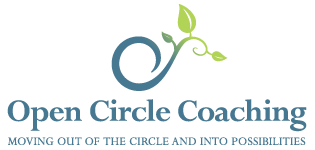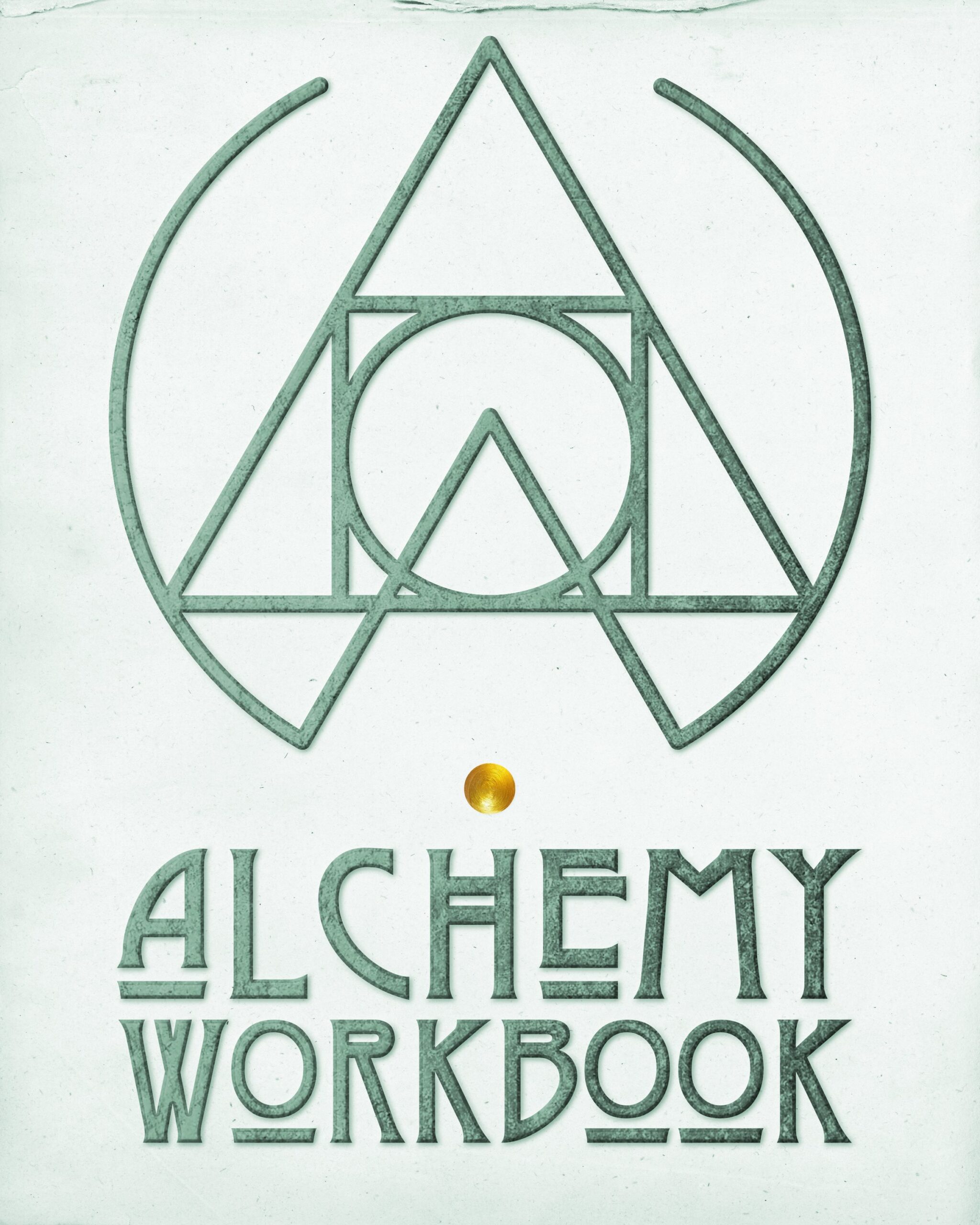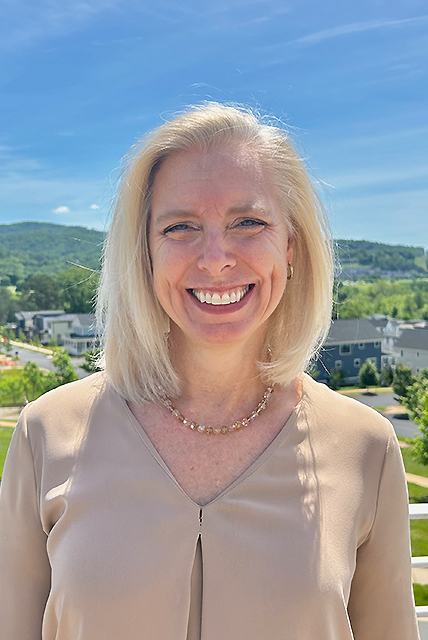Surprise!
February 28th, 2013 by Kelly Kienzle


When was the last time you were surprised to discover something about a colleague? What made you feel surprised? Was the new fact so very unusual for a member of the human race? Likely not. Yet it was probably unusual to the image you had constructed of who that person was.
We should notice when we are surprised to learn something. This indicates that we had assumed too much. We had assumed that we had learned all there is to know about that person. Such a time-consuming goal is rarely achieved in the busy world of an office.
We had also assumed that there was nothing new to be learned about this person, after we had made our initial assessment 6 months or a year ago or maybe longer. To find out how false this can be, ask yourself how different you are today than a year ago.
We make assumptions and judgments every day about our co-workers. We must do so, or else we cannot effectively assign tasks, anticipate needs or even communicate well. Yet too much presumed knowledge can be limiting.
So, instead assume you know a person less well than you think. How can it be helpful to know a person less well? Consider this scenario: You have a project that must be completed in a few days and it requires a variety of skills to complete it. You have been working with this team for months and feel you know their strengths and capabilities well.
But do you know all of their strengths? Do you know if their strengths were being restricted previously? Have you seen them perform in a scenario exactly like this one before?
If not, then try this: Imagine that you have not created assessments about the mental and creative limits of your colleagues. Act as if you are seeing them in a new situation with a new goal in front of them. (And you likely are.) What opportunities open up for you then? How do you view them differently? How do you view this project differently? How does your outlook shift for completing this project?
So, notice the next time that you are surprised by someone and heed that signal.
Take a chance and assume that you know less about them than you think you do. You may be surprised.
Only when I stop collecting evidence
Do the stones begin to speak.
– Mark Nepo





